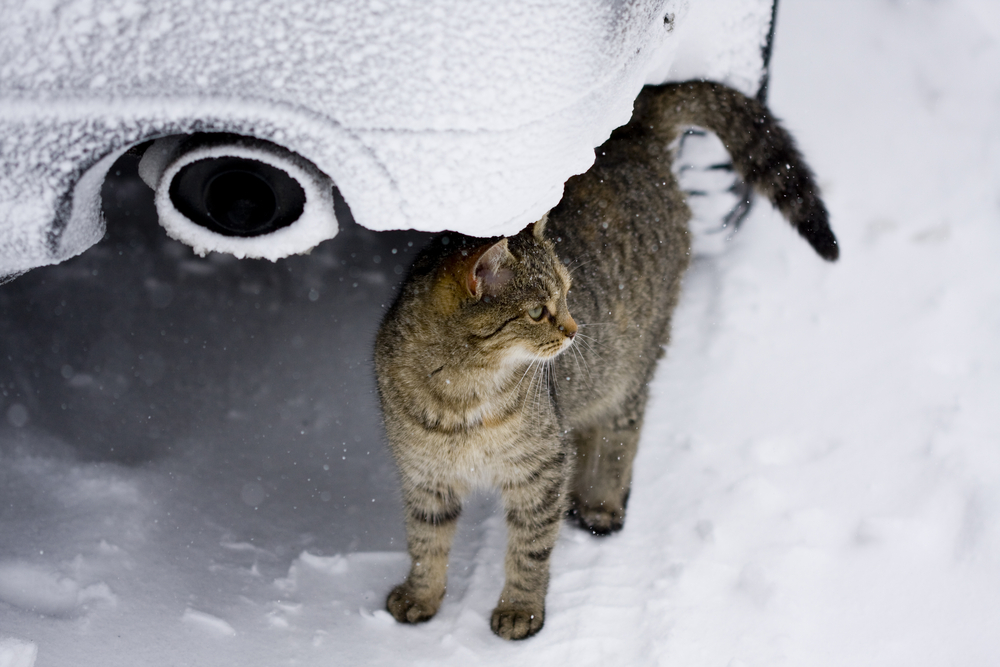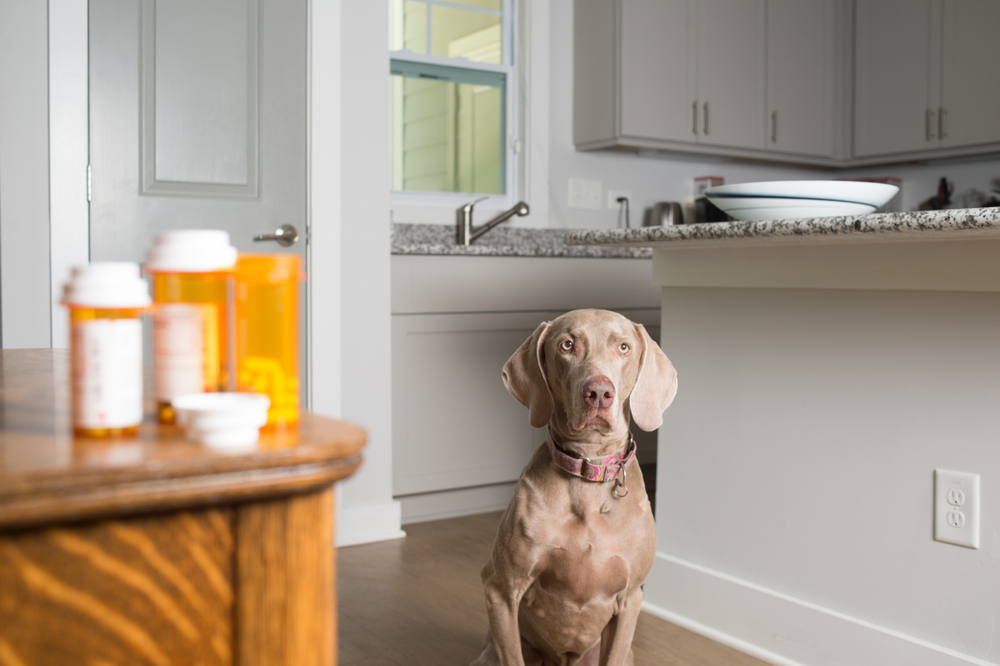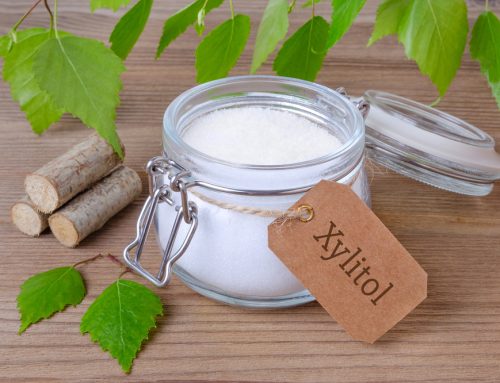You do everything you can to keep your pet safe when you venture out, but you may not be aware of the many hidden dangers located inside your home. Dangerous pet toxins that are hazardous to your pet and may lead to a scary pet emergency can be found in nearly every room of every home. Our Town and Country Pet Animal Hospital shares eight common pet toxins that are likely lurking in your home.
Pet toxin #1: Over-the-counter medications
Over-the-counter (OTC) medications are non-prescription items used for ailments such as headaches, joint pain, stomach upset, allergies, and colds. Never give your sick pet human OTC medications (i.e., ibuprofen and/or naproxen such as Advil, Motrin, and Aleve), which can be extremely dangerous for pets.
Pet toxin #2: Human prescription medications
Pets are commonly seriously poisoned by human prescription medications. Although many medications are used for animals and people, the doses required and the effects are not the same. Always keep all medications safely out of your pet’s reach, and never administer your pet a medication without first consulting your veterinarian. Common prescription medications toxic to pets include:
- Antidepressants
- ADHD/ADD Medications
- Birth control pills
- Cholesterol-lowering drugs
- Thyroid hormones
- Beta-blockers
- ACE Inhibitors
Pet toxin #3: Human foods
Most pet owners are aware that chocolate—especially baking chocolate and dark chocolate—is toxic to pets, but do not realize that many other human foods are equally dangerous for pets, even in small amounts. These include:
- Xylitol (i.e., a sugar substitute)
- Grapes
- Raisins
- Onions
- Garlic
- Macadamia nuts
- Alcohol
- Yeast dough
Pet toxin #4: Plants and flowers
Whether you are planning your outdoor landscaping or looking to add a pop of color to your home, remember that many indoor and outdoor plants are highly toxic to pets, including:
- Lilies — These plants are widely popular—especially around springtime and Easter—but every part of the flower, including the vase water, is toxic to pets and can be deadly for cats.
- Snake plant — This houseplant can cause vomiting, diarrhea, and nausea in pets.
- Aloe — Aloe is considered a medicinal plant for humans, but can harm a pet’s digestive system, if ingested.
- Tulips — Tulip bulbs are extremely toxic to pets, causing GI irritation, drooling, lack of appetite, lethargy, convulsions, and cardiac abnormalities.
- Azaleas — These popular flowering shrubs are poisonous for dogs and can cause serious GI issues.
- Chrysanthemums — Chrysanthemums contain pyrethrins and other irritants that cause pets to vomit, have diarrhea, drool excessively, and lack coordination.
For your pet’s safety, keep toxic plants out of reach. To determine which plants are pet-safe, use this searchable poisonous plant list.
Pet toxin #5: Household products
You may be surprised at how many everyday household products can harm pets. Common household pet toxins include:
- Glue — Wood, construction, and high-strength glues can cause GI irritation when they combine with your pet’s stomach acid, causing a large, firm foreign body obstruction.
- Paint — Paint, varnish, and stain products can cause vomiting and diarrhea if ingested. Remove these products from your pet’s fur with dish soap and water.
- Spackle — Pets find that spackle tastes good enough to eat, but they likely will vomit or develop a GI obstruction that requires surgery.
- Cleaning products — Many household cleaning products contain harmful ingredients, including bleach, ammonia, chlorine, formaldehyde, phenol, and isopropyl alcohol. Store all cleaning products securely, and always purchase pet-friendly household cleaning products when possible. When you use disinfectant sprays, keep your pet out of the room until the chemicals dry.
Pet toxin #6: Rodenticides
Products designed to kill rodents are particularly dangerous to pets, who are often tempted to eat the tasty bricks, granules, or pellets left for mice and rats, and ensuring your pet cannot access and ingest any rodenticide is vital. Never put out rat baits where your pet can find them, and keep your pet confined to prevent them from eating neighbors’ rodenticides or other outdoor toxins.
Pet toxin #7: Fertilizer
Garden fertilizers—especially those made of blood or bone meal—often contain chemicals poisonous to pets that lead to GI problems, including pancreatitis. Keep your pet off the lawn after you apply fertilizers and weed killers to ensure they do not ingest these dangerous chemicals.
Pet toxin #8: Antifreeze

Antifreeze is a common household chemical used to prevent car fluids from freezing during low temperatures. However, the active ingredient—ethylene glycol—is extremely toxic to humans and pets. Ethylene glycol has a sweet flavor that pets often find irresistible, and eating only a small amount can be deadly. Immediately wipe up any antifreeze spills, and store the unused portion securely out of your pet’s reach.
If you suspect your pet has ingested any of these toxic household products, time is of the essence. Contact Town & Country Animal Hospital or the ASPCA Poison Control Center immediately.







Leave A Comment